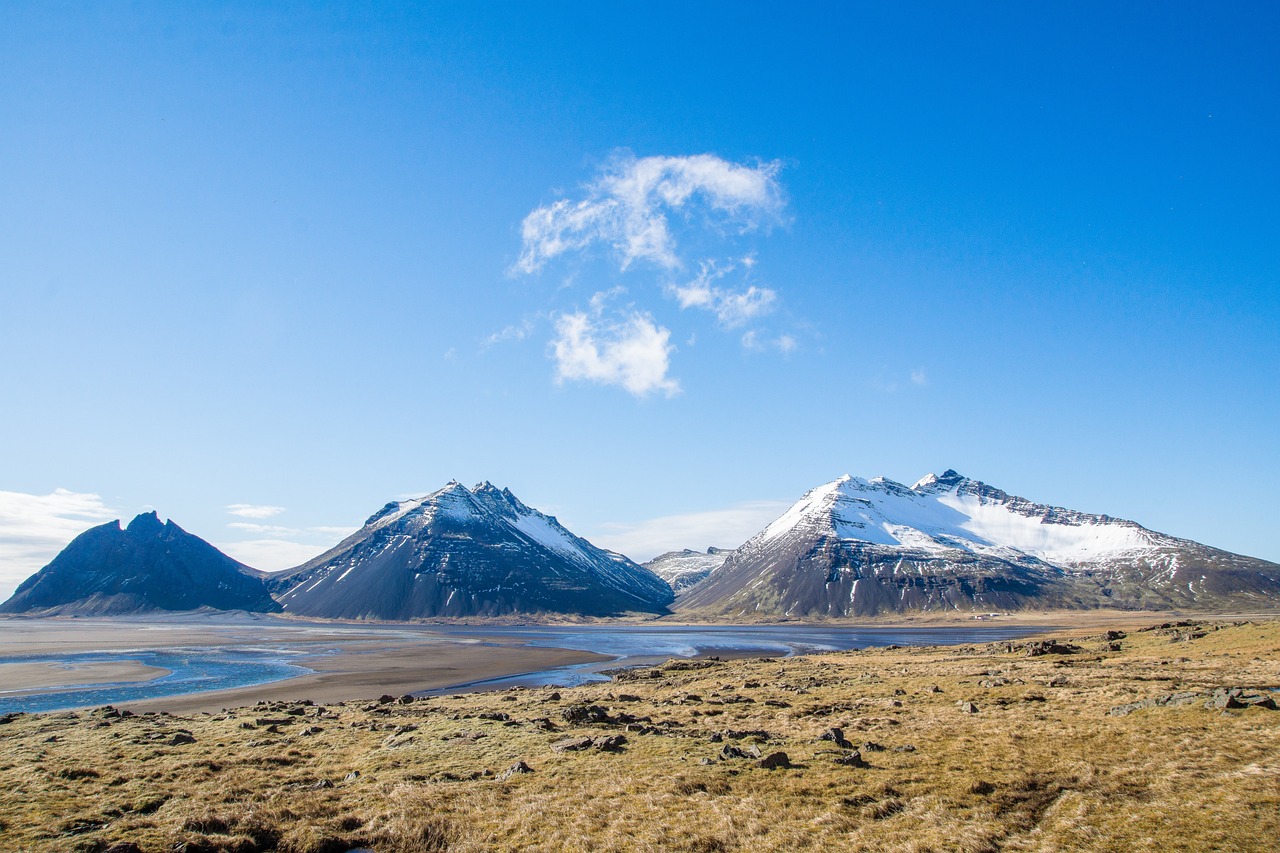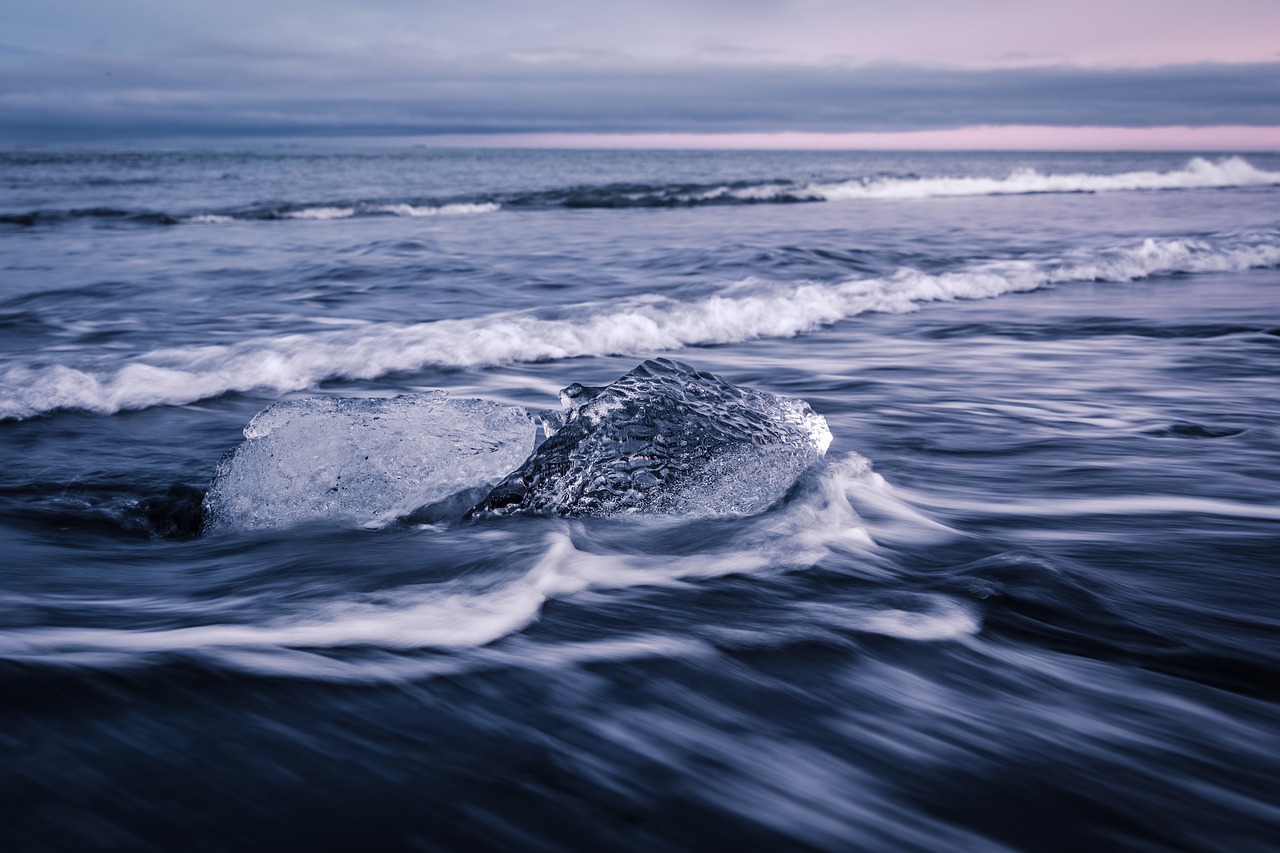Iceland Video
Coping with Power Outages: Being Prepared in Iceland
Iceland is a beautiful country known for its stunning landscapes, including glaciers, volcanoes, and geothermal pools. However, due to its unique geographical location and extreme weather conditions, power outages can occur. Being prepared for such situations is essential to ensure your safety and comfort. In this article, we will explore various ways to cope with power outages in Iceland and provide you with valuable information to help you stay prepared.
Understanding Power Outages in Iceland
Before discussing how to cope with power outages, it is important to understand the factors that contribute to these occurrences in Iceland. The country’s reliance on renewable energy, particularly hydro and geothermal power, is commendable. However, Iceland’s remote location and harsh weather conditions can sometimes lead to power disruptions. Severe storms, volcanic eruptions, and natural disasters such as earthquakes can cause temporary power outages. It is crucial to be aware of these possibilities and take necessary precautions.
Creating an Emergency Kit
Having an emergency kit is vital during power outages. It should contain essential items to help you navigate through the situation. Here are some items to include in your emergency kit:
- Flashlights and Extra Batteries: Make sure you have enough flashlights and spare batteries to provide sufficient lighting during the outage.
- Portable Radios: A battery-powered or hand-cranked radio can keep you updated with emergency broadcasts and important information.
- Non-perishable Food and Water: Stock up on canned goods, energy bars, and bottled water to sustain yourself during the outage.
- Medication and First Aid Supplies: If you have any specific medical needs, ensure you have an ample supply of medication. Additionally, keep a first aid kit handy.
- Warm Clothing and Blankets: Iceland’s weather can be cold, especially during power outages. Have warm clothing, blankets, and sleeping bags to keep yourself comfortable.
- Backup Power Sources: Consider investing in a portable generator or power bank to charge essential devices like phones and medical equipment.
Staying Informed and Communicating
During a power outage, staying informed and communicating with others is crucial. Here are some tips to help you stay connected:
- Keep a Battery-Powered or Solar-Powered Cell Phone Charger: Having a reliable way to charge your phone can help you stay connected with loved ones and emergency services.
- Stay Tuned to Local News and Updates: Listen to battery-powered radios or use your mobile data to access news websites for updates on the outage and safety information.
- Notify Family and Friends: Inform your family and friends about the outage and your situation. Establish a communication plan to check on each other’s well-being.
- Follow Official Guidelines: Pay attention to official instructions provided by local authorities and follow their recommendations for safety during power outages.
Protecting Your Home and Appliances
Power outages can potentially damage appliances and electronic devices. Taking preventive measures can minimize the risk. Here’s what you can do:
- Unplug Electronics: Safely unplug all electronic devices to prevent damage from power surges when the power is restored.
- Avoid Opening the Refrigerator and Freezer: Keeping the fridge and freezer closed as much as possible will help preserve perishable food for a longer period.
- Invest in Surge Protectors: Consider using surge protectors for sensitive electronics to safeguard them against power fluctuations.
- Use Backup Heating Methods: If your primary heating system relies on electricity, have alternative heating sources like portable heaters or a fireplace.
Alternative Lighting Sources
When experiencing a power outage, having alternative lighting sources can greatly enhance your safety and comfort. Here are some options:
- Candles and Matches: Keep a supply of candles and matches in a safe place. Remember to never leave candles unattended.
- Battery-Powered Lanterns: Lanterns with long-lasting batteries can provide ample lighting for extended periods.
- Solar-Powered Lights: Invest in solar-powered lights that can be charged during the day and used at night.
Community Support and Resources
During power outages, communities often come together to support each other. Here are some ways to seek help and find resources:
- Local Community Centers: Community centers may serve as shelters during emergencies. Stay informed about their locations and available services.
- Emergency Hotlines: Save emergency helpline numbers in your phone and reach out for assistance if needed.
- Neighborhood Networks: Connect with your neighbors and establish a network to share resources and support one another during power outages.
Iceland Image 1:

Dealing with Prolonged Power Outages
In some cases, power outages in Iceland may last longer than anticipated. Here are some additional measures to consider during prolonged outages:
- Preserve Food Supplies: If the outage persists, consume perishable food first and ration non-perishable items to make them last longer.
- Stay Warm: Layer your clothing and use blankets to maintain body heat. Consider gathering in one room to conserve heat.
- Monitor Generator Safety: If using a generator, follow safety guidelines to prevent carbon monoxide poisoning. Place the generator outside, away from windows and doors.
- Stay Positive and Supportive: Prolonged power outages can be challenging, but maintaining a positive mindset and supporting others can make the situation more bearable.
Iceland Image 2:

Restoring Power and Seeking Assistance
While power outages are usually resolved by the local utility companies, there may be instances when additional assistance is required. Here’s what you can do:
- Contact the Utility Company: Report the outage to your local utility company and follow their instructions for updates and estimated restoration times.
- Check with Neighbors: If your neighbors have power and you don’t, it may indicate an issue specific to your home. Seek assistance from a qualified electrician.
- Emergency Services: In case of emergencies or if you suspect a larger issue, contact the emergency services for immediate assistance.
Iceland Image 3:

Conclusion
Power outages can happen unexpectedly, but with proper preparation and knowledge, you can cope with them effectively. By creating an emergency kit, staying informed, protecting your home and appliances, and utilizing alternative lighting sources, you can ensure your safety and comfort during outages. Additionally, seeking community support and resources, staying positive during prolonged outages, and contacting the utility company when necessary will help restore power and provide assistance when needed. Remember, being prepared is key to successfully coping with power outages in Iceland.
References
– The National Weather Service: weather.gov
– Icelandic Meteorological Office: vedur.is
– Icelandic National Power Company: landsvirkjun.is
– Icelandic Association for Search and Rescue: lhg.is


